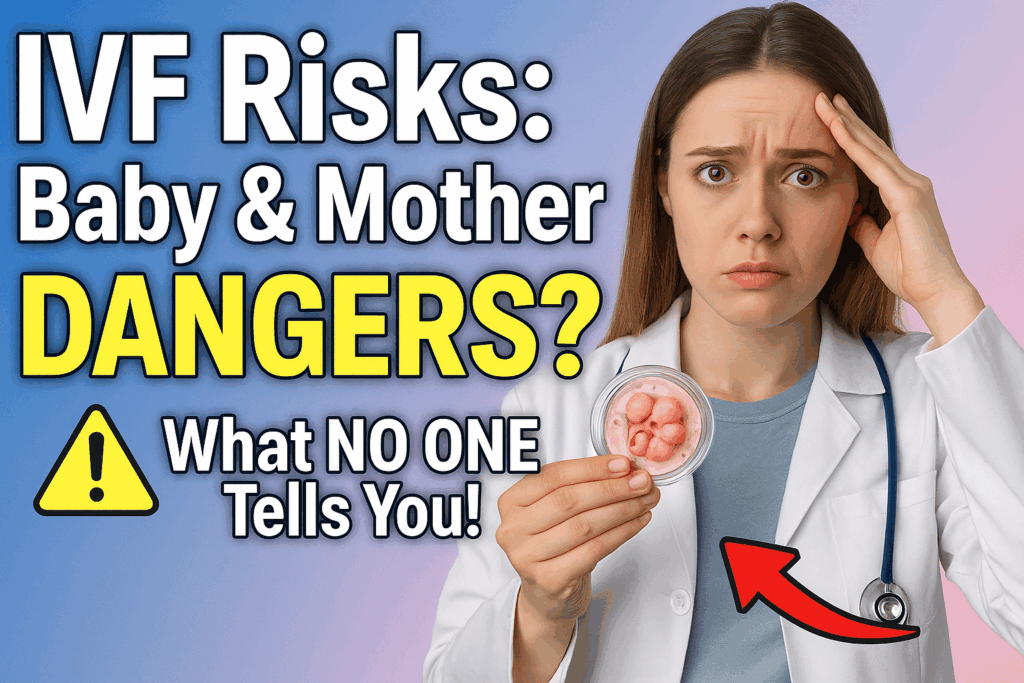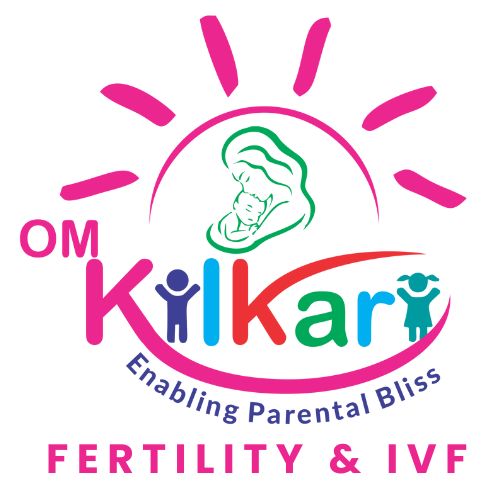
In vitro fertilization (IVF) has helped millions of couples conceive when natural pregnancy isn’t possible. While IVF is generally safe and successful, it’s important to understand the potential risks it may pose to both the baby and the mother.
Risks to the Baby
1. Premature Birth & Low Birth Weight
IVF increases the chances of multiple pregnancies (twins, triplets), which are more likely to result in premature birth and low birth weight. Even singleton IVF pregnancies have a slightly higher risk of preterm delivery.
2. Birth Defects
Some studies suggest a small increase in the risk of congenital abnormalities in IVF-conceived babies, such as heart defects, cleft lip/palate, or gastrointestinal issues. However, the absolute risk remains low.
3. Genetic Disorders
Children born through IVF, particularly with ICSI (intracytoplasmic sperm injection), may have a slightly higher risk of rare genetic conditions, especially if male infertility is a factor.
4. Long-Term Health Effects
Research is ongoing, but some studies indicate possible links between IVF and higher risks of metabolic disorders (like diabetes) or cardiovascular issues later in life. More long-term studies are needed.
Risks to the Mother
1. Ovarian Hyperstimulation Syndrome (OHSS)
A serious complication where fertility drugs overstimulate the ovaries, causing swelling, pain, and fluid buildup in the abdomen. Severe cases may require hospitalization.
2. Multiple Pregnancy Risks
Carrying twins or triplets increases the risk of:
- Gestational diabetes
- High blood pressure (preeclampsia)
- Cesarean delivery
- Postpartum hemorrhage
3. Ectopic Pregnancy
Though rare, IVF can lead to an ectopic pregnancy (embryo implants outside the uterus), which is life-threatening if not treated early.
4. Stress & Emotional Impact
IVF is physically and emotionally demanding, with hormonal treatments causing mood swings, anxiety, and depression in some women.
How to Minimize IVF Risks?
- Choose an experienced fertility clinic.
- Opt for single embryo transfer (SET) to avoid multiple pregnancies.
- Monitor OHSS symptoms closely.
- Maintain a healthy lifestyle before and during pregnancy.
Conclusion
While IVF is a highly effective fertility treatment, it’s essential to be aware of the potential risks. Consulting with a fertility specialist can help you make informed decisions and take steps to ensure a safer pregnancy journey.
Would you like more details on any specific risk? Let us know in the comments!
